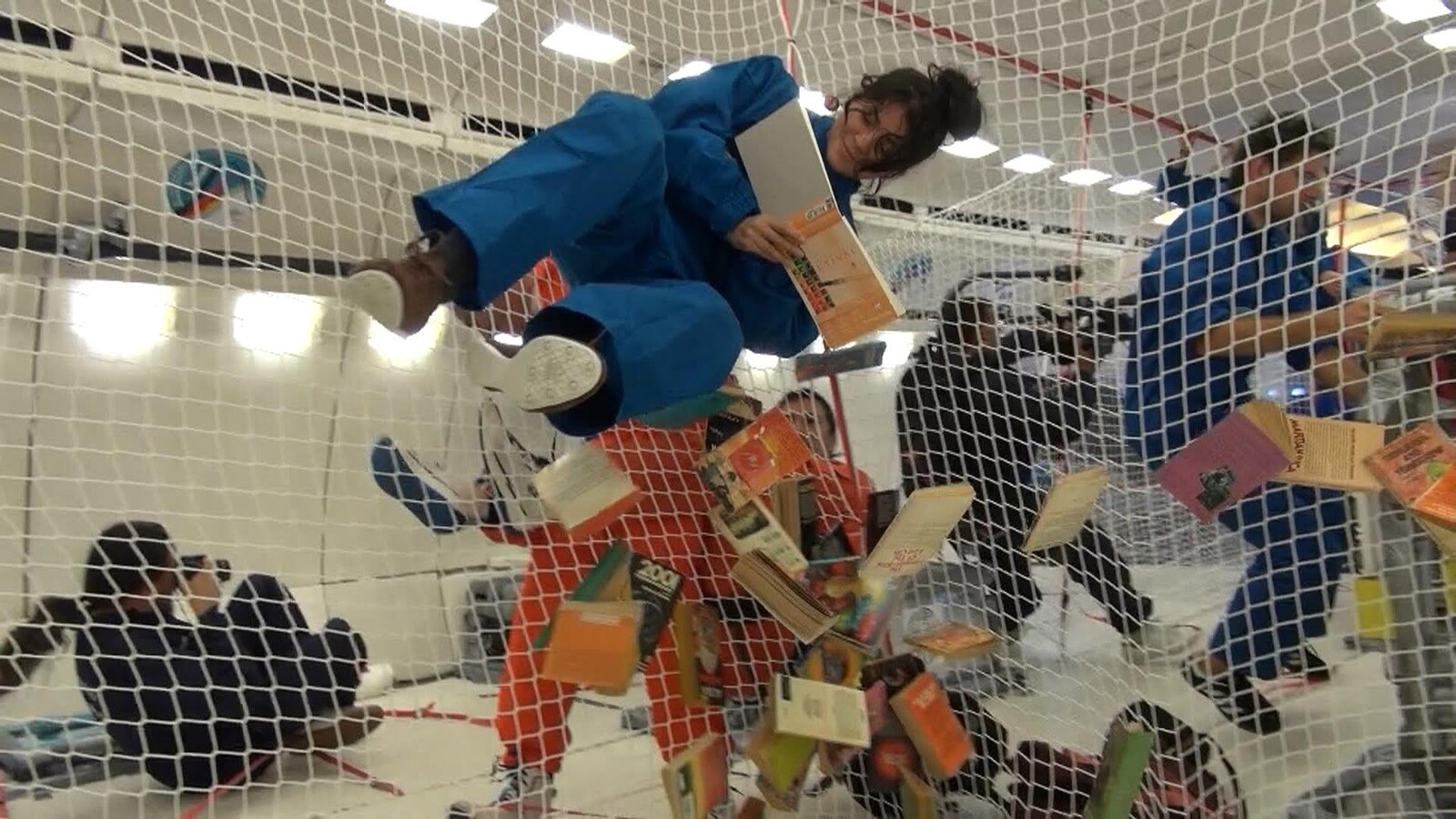Supercommunity is now finished. You won’t get any more texts delivered to your mailbox. We survived. You survived. Looking back, there is just one question lingering: What is the supercommunity?
The supercommunity does not propose a new form of togetherness. It does not replace cozy humanist universalism. It knows things will not be better when we come together. Our commonality won’t make up for our differences. We are not united. We don’t even like each other. We are simply stuck together, like a bad group exhibition.
The supercommunity is not the world. It is a disastrous new ecology of bad-faith closeness. But it comes with vast new powers that are only starting to become apparent. It knows all matter is alive at its core as long as there is enough enlivening energy.1 In zones of swelling opacity, of encroaching dark forces, of fading details, of extravagant expenditures of energy without positive outcomes,2 these new powers convene where teleological visions of progress counterintuitively reverse, showing that the apocalypse has already taken place in the past, but also that everything in the world is human.3 They appear where the kids spin superficial linking into an optical economy of reflection, splendor, and shine.4
When the future collapses onto the present, time starts moving differently. The border between life and death trembles and goes haywire. The distinction fades. Survival becomes less terribly brutal and more thrillingly ambiguous. The future becomes a vector for investment into the dreams of clairvoyant artists who might or might not make artworks.5 Artworks themselves become prey to a new class hoarding surplus information to accrue future interest.6 Now there are special discounts on roundtrip airfares between life and death. Whether you live surrounded by the walking dead or have already arrived in the afterlife, you can travel freely back and forth and still get to work Monday morning, refreshed and ready to fight.
Moving across previously stable ontological registers turns their undersides up. The opposite, the occluded, the oppressed, the dirty fuel, the massacre—what used to power the grand monumental machine of progress now grinds it to a halt. It is overtaken by what it had to feed on to run, to stay alive. Now everybody knows that what fuels togetherness is corruption, and what fuels corruption is togetherness.7 Those whispered secrets and sideways glances that used to pass in the stairwell on smoke breaks start to run the show. Just try to maintain or enhance your milieu in late liberalism.8 You might end up with your own country or more. The social contract was never only liberating—now it also forces us into freedom.9 Abandon hope: the world machine is ungovernable, and human will is impotent—only friendship is left.10
The omnipotent inhabitants of this world now struggle with the prospect of a world without humans, but also with the prospect of humans without a world.11 When the two are so ecologically entangled, pulling them apart transforms each into something else.12 The first evidence of planetary-scale climate change brought about by humans actually came between 1570 and 1620 with a drop in CO2 levels, but only because the Amazonian ecosystem had reclaimed land formerly inhabited by the fifty million people annihilated in the initial colonization of the Americas.13 Processes of decay no longer withhold the inhumanity rooted in history.14 They reveal anachronistic forms of life that abound in spite of cruelty or concern alike.
When nature disappears, everything becomes a human sign, but mediated by technology.15 Surgery can be deprofessionalized and automated to a point where it can be performed by children.16 Art can be reconfigured to reconcile human and machine subjectivities.17 Because all these inhuman extensions only further reinforce the name “human.”18
In the wild, parrots address each other by name.19


